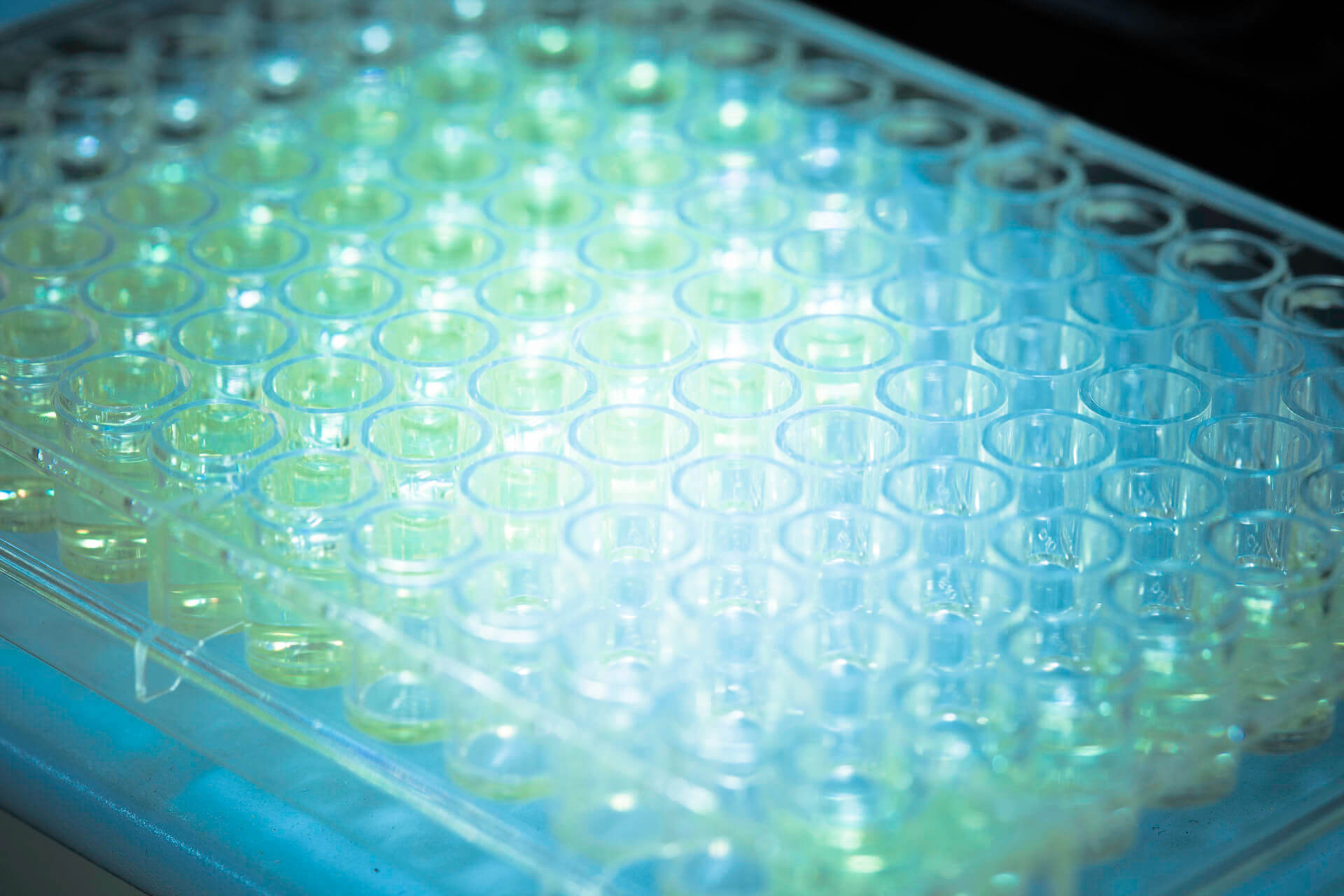
Combined Heat and Power (CHP) can help companies in the pharmaceutical industry address the triple energy challenge of reducing energy costs, enhancing business resilience and meeting sustainability objectives.
By generating energy more efficiently and cost effectively on-site at the point of use, pharmaceutical sites can gain greater protection from the increasing risk of power supply disruption.
CHP also offers the flexibility to quickly expand production, particularly where there is limited grid capacity, or a delay in delivering additional network power.
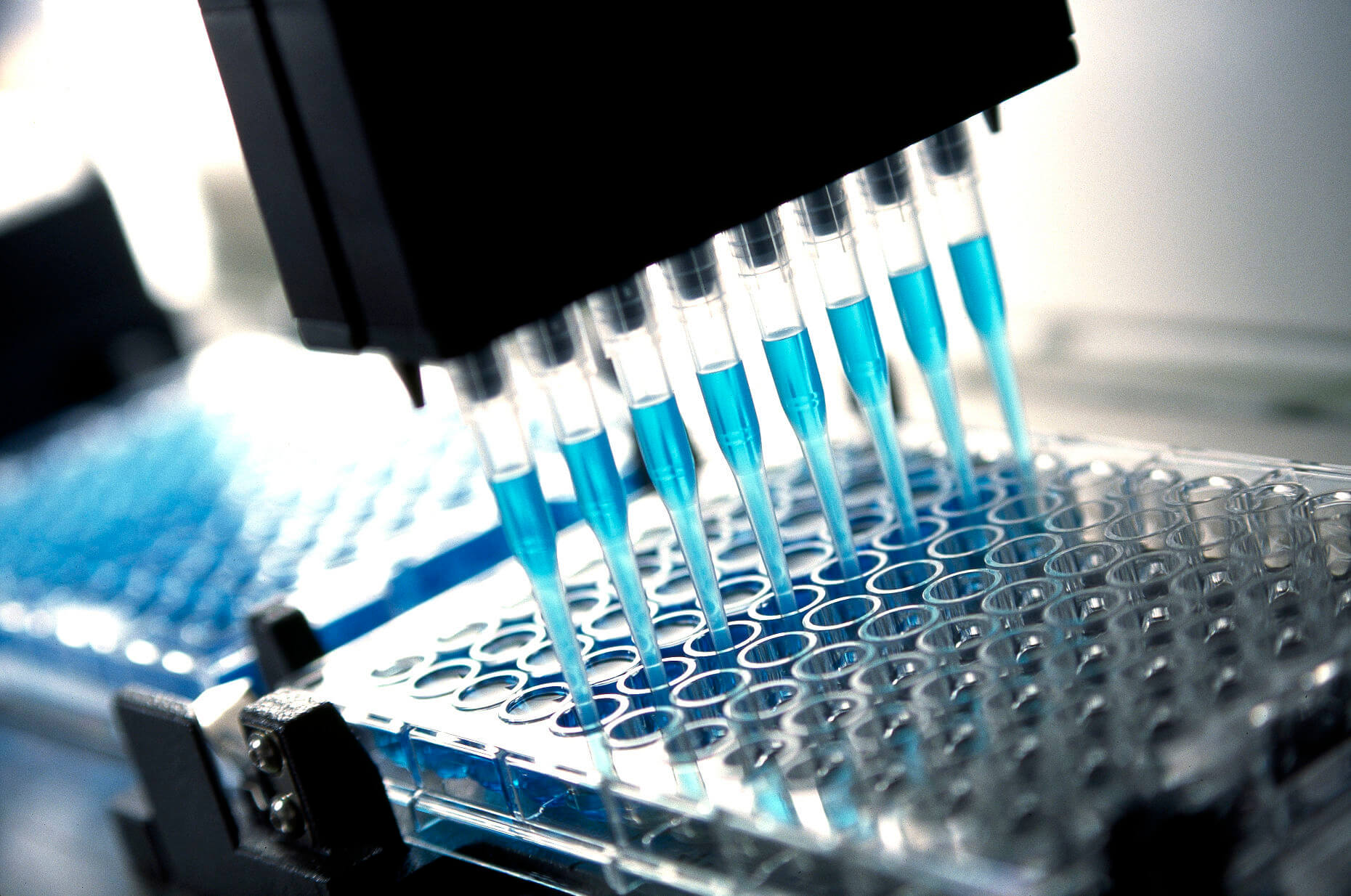
Cost savings on power, heating and cooling
Reduced carbon emissions compared to conventional power production and onsite boilers
Payback within 2-5 years
Greater operational resilience and security of power supply
High electrical and thermal efficiency of up to 90%
Cost savings can be reinvested and deployed in renewable energy technologies
Fuel flexibility - renewable, low carbon, and hydrogen ready
Recognised technology within the net-zero pathway
Pharmaceutical energy demand varies widely across laboratories and manufacturing facilities, but many processing operations use large amounts of heating and/or cooling, as well as electricity over long periods that are outside the normal 9-5 demand pattern.
Combined Heat and Power, otherwise known as cogeneration, is often the most cost-effective generation method for supplying these energy intensive sites, which is why so many pharmaceutical businesses utilise CHP as a key strand of their sustainable energy strategies.
In CHP the waste heat is recycled and used, rather than venting into the atmosphere, which means that cogeneration achieve efficiencies of 90% – almost twice as efficient as using electricity from the conventional power generation and heat from on-site boilers.
There are further power losses (of around 7%) during the transmission process from remote generators to consumers.
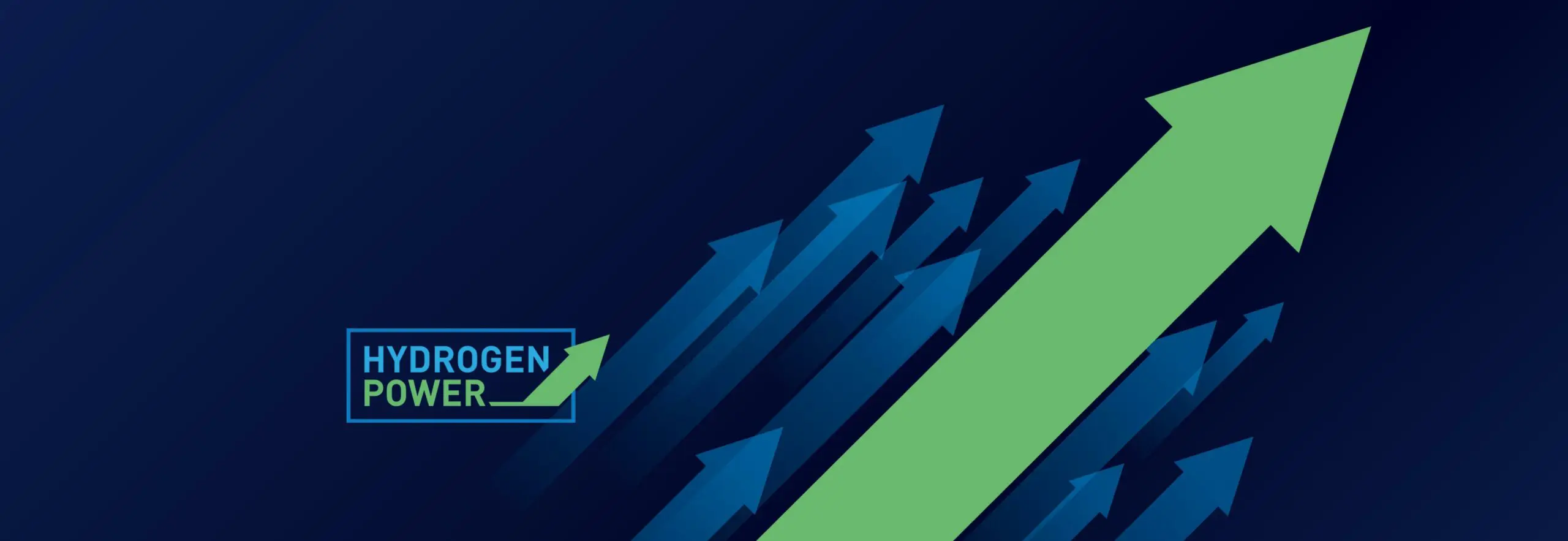
World-renowned gas engine manufacturer MWM continues to innovate, ensuring the future of Combined Heat and Power (CHP) and its critical role within the global transition towards net-zero and beyond.
As such, MWM gas engines are capable of 25% blended-hydrogen CHP solutions. MWM have significant development experience in hydrogen-fuelled internal combustion engines for more than 20 years.
Cogeneration technology can also supply free cooling when it is configured for Trigeneration. In this instance, an absorption chiller is connected to the CHP system so that waste heat can instead be used to produce chilled water for process cooling, refrigeration, and air conditioning.
Cogeneration and trigeneration are ideal in pharmaceutical plants that rely heavily on process heating and cooling, where the on-site generators can yield significant cost savings.
Operating in a highly competitive global market, pharmaceutical manufacturers are under constant pressure to reduce production costs while maintaining quality and increasing output.
Companies are also put under pressure by regulators, consumers, and other internal and external stakeholders, to reduce their environmental impact. As an energy-intensive sector pharmaceutical manufacturing must take urgent steps to comply with the UK's net zero 2050 commitment, but several larger businesses have stated their intent to accelerate their journey to net carbon neutrality.
In addition to reducing costs and emissions, pharmaceutical companies also need to ensure that they have adequate power resilience in manufacturing facilities, so that they can continue producing when there is an interruption in the electricity supply.
Pharmaceutical manufacturers need to maintain output, no matter what. Power failure can have catastrophic consequences for the industry. Even short supply interruption during the middle of a production cycle can mean that an entire batch of product is rendered useless. This can result in significant product losses and downtime while processes are restored, and equipment is reset.
With grid failures likely to increase in the future as more and more intermittent renewables enter the system, implementing resilience will become increasingly important for critical production sites.
By using CHP in island mode operation to reduce dependency on the grid, manufacturers can keep the most crucial processes running and maintain business continuity.
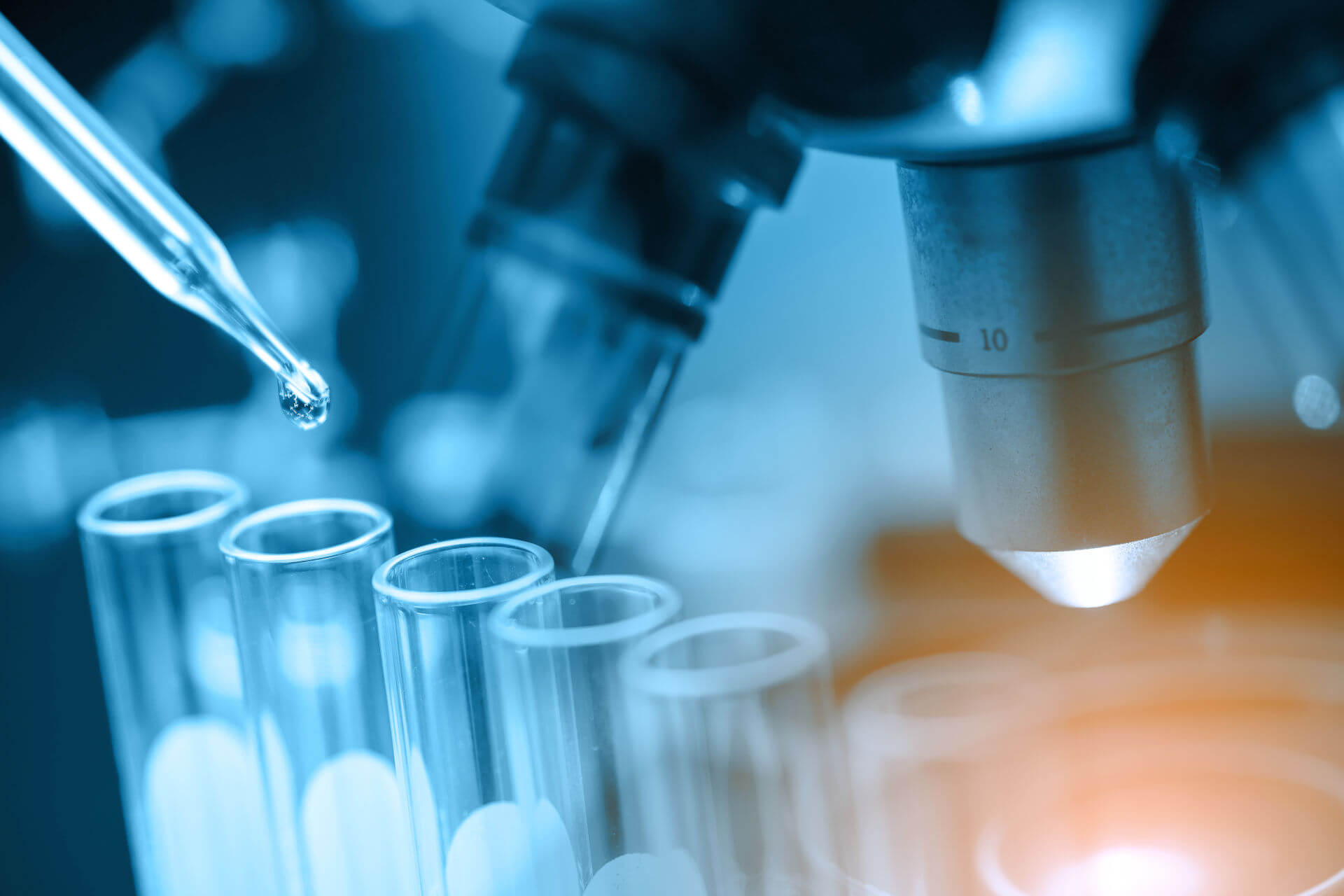
Bausch + Lomb are extremely satisfied with the performance of the CHP unit to date and have exceeded the initial project payback and uptime periods. This has resulted in greater than expected financial and environmental savings for the site.
As a market-leader in the supply, installation and maintenance of CHP and emergency back-up power systems, Edina has completed many energy saving projects within the Pharmaceutical sector.
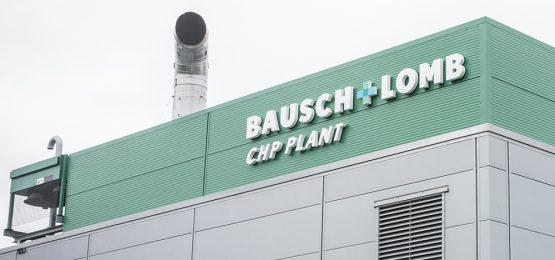
CHP reduces annual operational costs by €1million for global eye health company.
Read B+L Case Study



Copyright © Edina. All Rights Reserved.